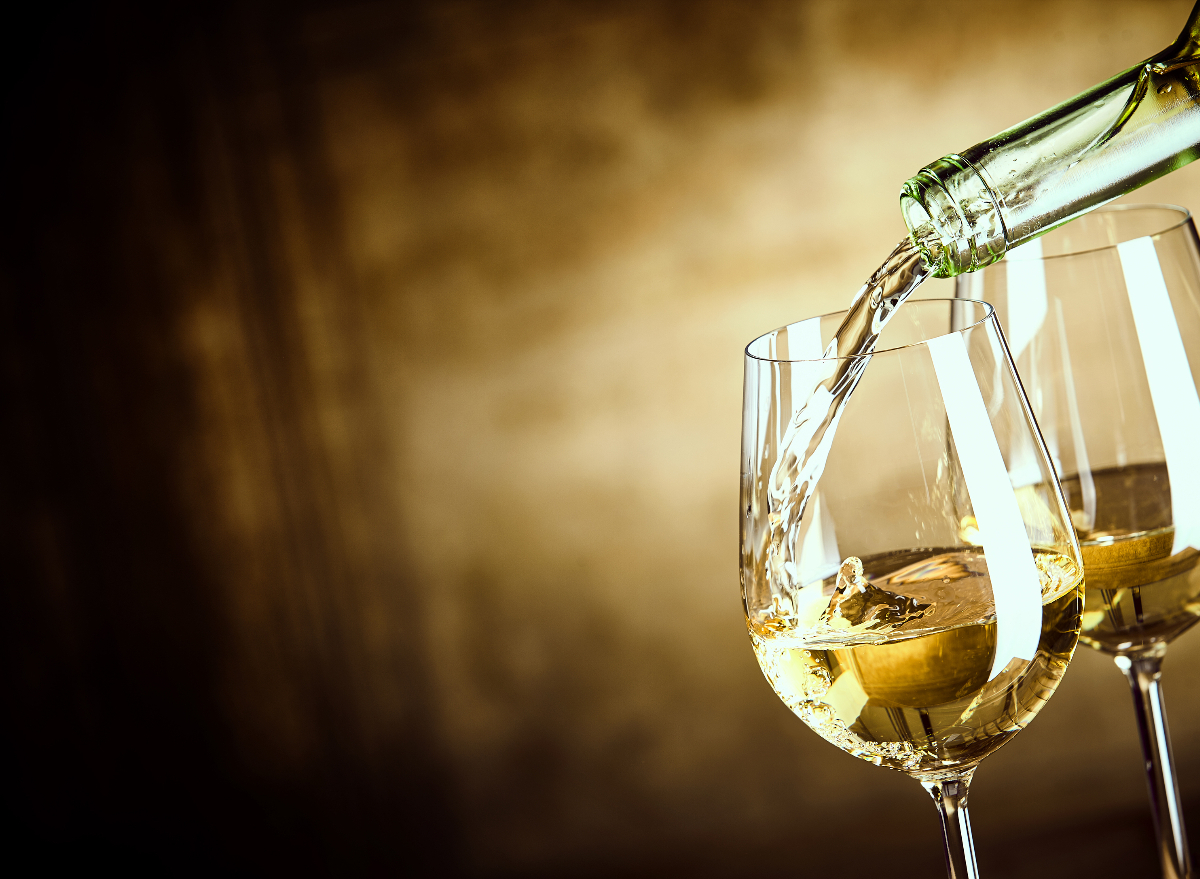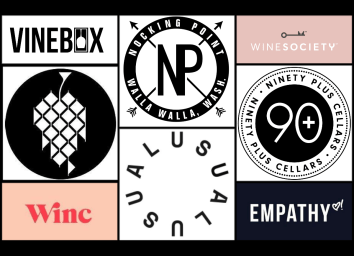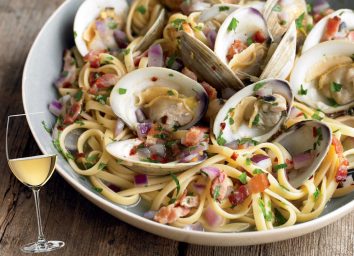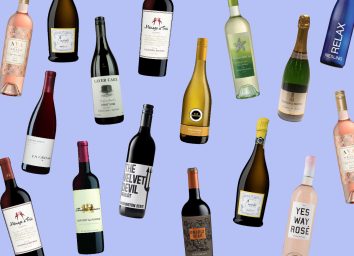This One Simple Trick Makes Your Wine Taste Better

There's nothing better than sipping on a chilled glass of rosé or white wine to wind down after a long day of work, and bar manager at Dr. BBQ in St. Petersburg, Florida Tommy Ergle knows a thing or two about serving the best house wine possible to his guests in the sunshine state. Below, he shares one easy hack you can incorporate into your routine to ensure you're getting the most refreshing glass.
What's one simple trick to make sure your wine tastes great after opening?
Ergle says decanting is a surefire way to make wine taste better, however, it involves a few steps and therefore isn't the most efficient way to ensure you are serving the best wine at a last-minute get-together. According to Wine Spectator, decanting separates the naturally-occurring sediment—found in older red wines especially—from the wine itself. If you're serving white wine or rosé, you can skip this step altogether and, instead, employ Ergle's go-to trick.
"I recommend for every day, need-it-now wines, [to] chill it," he says. "The popular rule is that white wine is served chilled and red wine is served cool, but no matter what varietal, all wine can become miserable when it warms up."
Think about it this way, if you put the bottle of red in the refrigerator that morning and then take it out an hour or so before you want to drink it, it will reach the desired temperature (not too cold, but also not room temperature). The alternative would be to pop open a warm bottle of red, which isn't exactly the drink of choice in the summertime. When in doubt, chill it.
How long can wine go without being refrigerated after opening?
"This will depend on the quality of the wine, but generally once opened, our rule is two days," says Ergle. "All wine, like houseguests and fish, turns bad after three days."
He recommends taking the time to vacuum seal the bottle if you're trying to save another glass or two for the following evening. That is if the wine your drinking is still.
"If you're drinking sparkling wine, we kind of love the spoon-in-the-Champagne-bottle trick for keeping bubbles perky overnight," he adds.
If you go this route just know it will only remain bubbly (and platable) for one night, and no more. (Speaking of bubbly, if you're on a budget, consider checking out The Best Champagnes for Under $20.)
Is there a trick for amplifying the flavor of a wine that tastes bland?
"When in doubt, spritz it out. There's virtually no bad wine that a good LaCroix or Perrier won't improve. Choose a berry flavor for red wines and rosé [and] lemon or pear for whites," says Ergle.
Another hack? If you're at a restaurant, the bar manager encourages you to inquire where the wine is stored. If the wine (red, rosé, or white) is kept on the counter, he suggests you pass and order another beverage.
"Restaurants and bars that value their wine program will have their bottle wines, even the house wines, stored properly," says Ergle. "If it's not, look for a canned wine option or wine on tap."
Now you have all of the tools to make just about any type of wine taste better.








